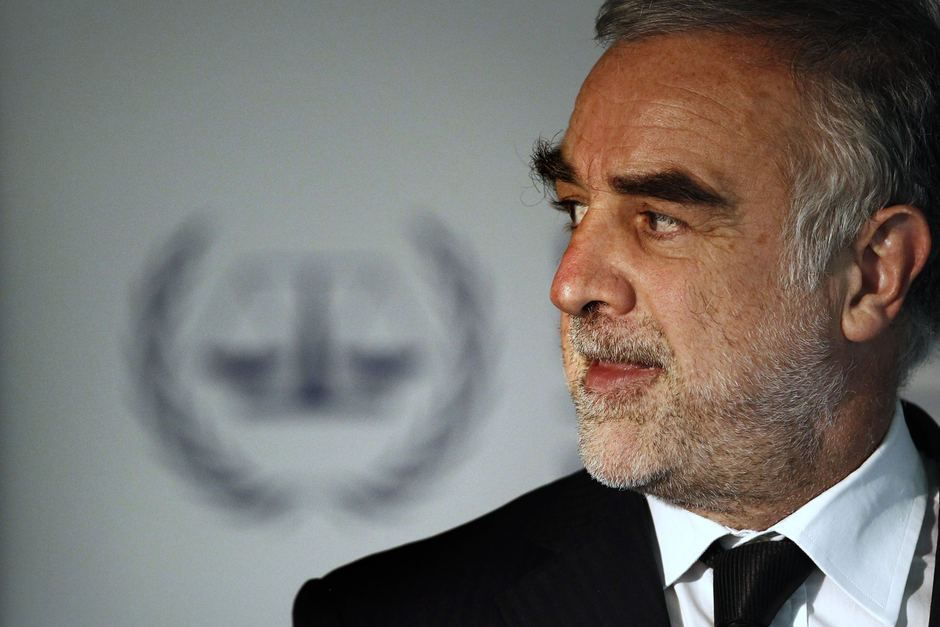[ad_1]
SAO PAULO — In a new paper former Prosecutor of the International Criminal Court Luis Moreno Ocampo analyzes the ethnic cleansing against a group of Armenians living for centuries in Nagorno Karabakh constituting genocide and deportation as a crime against humanity,
“There is a reasonable basis to believe that Azerbaijan’s blockade of the Lachin Corridor that started in December 2022 and Azerbaijan’s military attack on September 19, 2023, constitute genocide under Article II c) and b) of the Genocide Convention, as well as Article 6 c) and b) of the Rome Statute and the crime against humanity of deportation under Article 7 d) of the Rome Statute,” Ocampo says.
In a few days, more than 100,000 ethnic Armenians were forcibly deported from Nagorno-Karabakh, leaving their homes and belongings. On October 30, 2023, Juan Mendez, the first UN Special Adviser on the prevention of genocide, published a report concluding that: “The decision to leave – caused by the attack but also by the nine months of deprivation of food and medicine – exposed the serious mental harm produced in all ethnic Armenians by the official policy and practice of Azerbaijan, which fits the definition of the genocidal act contemplated in Article 2 (b) of the Convention: causing serious bodily or mental harm in members of the group.”
The International Court of Justice confirmed Prof Mendez’s factual analysis and the violation of the rights of the ethnic group protected. On November 17, the International Court of Justice analyzed that “…more than 100,000 persons of Armenian national or ethnic origin have found themselves compelled to leave their place of residence and reach the Armenian border since the operation commenced by Azerbaijan in Nagorno Karabakh on 19 September 2023.”
“What’s the difference between crimes against humanity and genocide?” Philippe Sands answered the question, explaining that Hersch Lauterpacht developed the concept of crime against humanity in the Western tradition to protect individuals from massive attacks. Instead, Raphael Lemkin created the crime of genocide to protect national, ethnic, racial, or religious groups,” the report reads.
It includes testimony of Artak Beglaryan, former Human Rights Defender and State Minister of Artsakh, who details his experience as evidence of the serious mental harm suffered by the entire ethnic group as established by the Genocide Convention Article II b).
As a Nagorno-Karabakh leader, Artak Beglaryan was hunted by Azerbaijan forces before and after the September 19 attack. Still, unlike most of the others, he was able to escape in extremely difficult circumstances despite his visual impairment.
As mentioned, more than twenty victims of genocide, including three former Artsakh presidents and five other community leaders, were incarcerated by Azerbaijan. Their captivity is part of the genocide and a message to their community: if you come back to Nagorno-Karabakh, you will be starved, incarcerated, or killed.
“A recognition that genocide was committed will trigger the state parties’ obligations to prevent and punish and would help to protect the rights of the victims, particularly the Armenian prisoners taken as hostages,” Luis Moreno Ocampo.
The full report is available here.
[ad_2]
Source link










